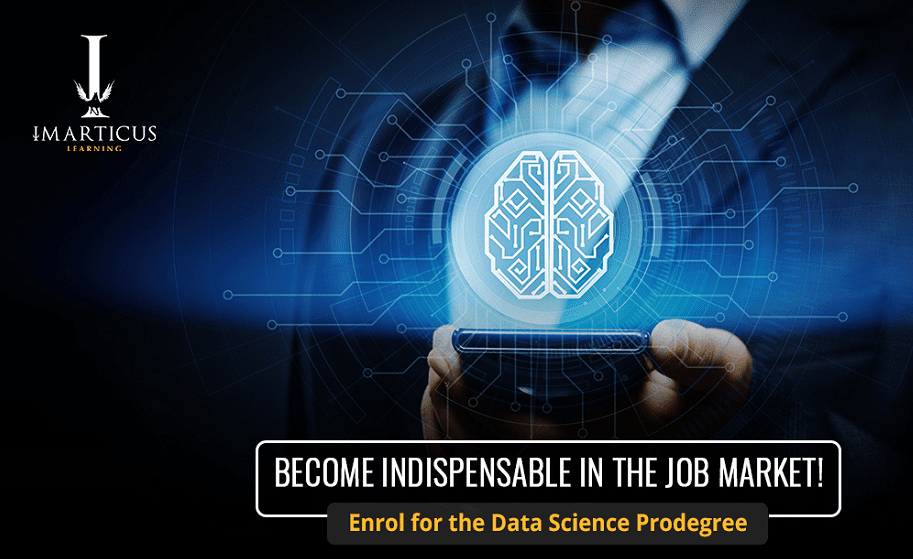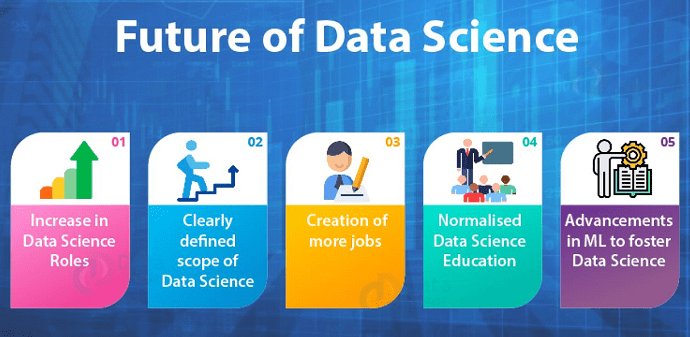How Can You Prepare for The Data Science Interview?
Do you have the jitters before every interview? Everyone does! Besides trying to run through the probable questions mentally, you need to stand well-placed with three fundamental attributes. They are aptitude, mathematical knowledge, and proficiency in technical skills. To explain and convince the other person does call for excellent communicative skills and a presence of mind! Commonly, data science courses will include learning of techniques in Big Data, Machine Learning, and programming languages like R and Python.
Before you try and prepare for a data science interview, you need to be honest with yourself and identify your key strengths and weaknesses.
What do you think the questions asked to you will be? Let’s have a look at the best techniques to conquer those butterflies in your stomach advocated by Imarticus Learning to get ahead of the crowd and ensure you emerge successful with a Data science Course.
Task 1: Understand your skill set, job profile, and application:
The essentials for any post in data sciences though, are the practical implementation-skills of your domain knowledge, the tools, and techniques you have competency in, great aptitude and comprehension attributes in quantitative, analytical analysis, programming languages and your confidence in answering questions on them.
Task-2: Crack the technical round:
Cover conceptual understanding of important topics needing the application of programming languages like Tableau, TensorFlow, Scala, Python, SQL, and R. You can expect most interviews to have a skill-test round where questions will be a case-study or assignment based on your skill-sets and implementation values of your learning. This is probably where all your tasks, test cases, project work, and case studies will be the litmus tested.
Task-3: Revise your basic topics well:
Since time and explanations need to be concise and succinct, you would do well to revisit supportive topics of data science like –
- Concepts in Probability, Bayes Theorem, the distribution probability, etc.
· Modelling techniques, Linear and non-linear Regression, Statistical Models, Time series, Models for Non-Parametric data, popular algorithms, data tools, and libraries, etc.
- Deep learning, database best practices, ML, ConvNets, LSTM, and other neural networks
You will need to make effective presentations of an industrially-relevant scenario through discussions or case-studies. It is a challenge to present the problem, cite research undertaken by you or others, suggest a valid solution and discuss business outcomes. Ensure you use and showcase your capability to solve problems, reinforce your learning, display solution finding, presentation, and team skills in this round.
Task-4: It’s perfectly valid to not have all the right answers in the personal round:
Data science is a vast field, and innovations happen every day through newer and more optimized models and statistical techniques. There are ten ways to do one thing, and at the end of the day, nobody has all the correct answers. So it’s fine if you do not know anything. However, the flexibility to adapt to teams and accept other’s views, the vision to add value to the employing organization, and learn-on-the-job are non-negotiable in this round.
Task-5: Your resume is the basis of measuring you:
Most times, it is best to mention what matters most in resume writing. Questions asked during interviews will silently explore your admissions. Be prepared to link your learning to your job experiences and prepare for justification of career decisions and choices made and stated in your resume.
Task-6: Continued Learning and practice counts:
An excellent Data science course certification, webinars, community learning, MOOCs and internships are good validations and endorse your desire for continued learning, focus on applications and job-suitability as well. Practice and repeat the reinforcement of your learning curve.
Conclusion:
Especially for first-timer career aspirants, the interview can prove to be very stressful. It is okay to stumble and fail, but the ability to get back up on your feet and justify your strengths is crucial. A Data Science career is a juggling of multiple domains and soft skills, a strong persona, dedication, and intent.
At Imarticus Learning, the methodology is to practically train you as a generalist on all the above tasks and includes resume-writing, personality-development and interview-training modules leading to assured placements. Their certification is widely accepted in industry circles as a skill-endorsement and being job-ready. So, why wait? Enroll today.




 I came across Imarticus’
I came across Imarticus’ 
